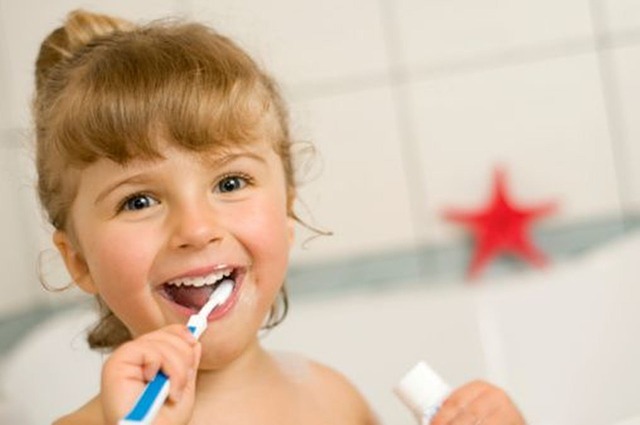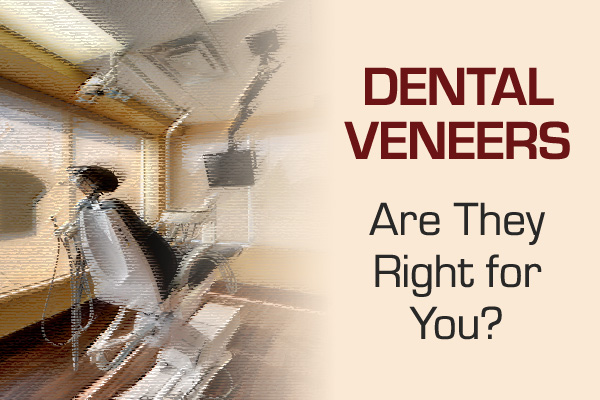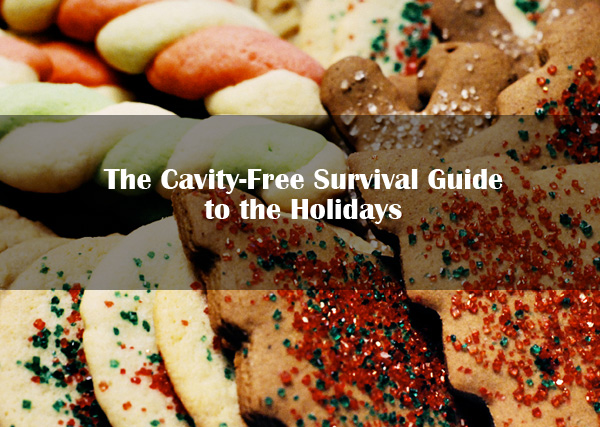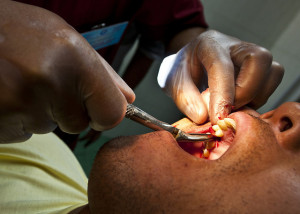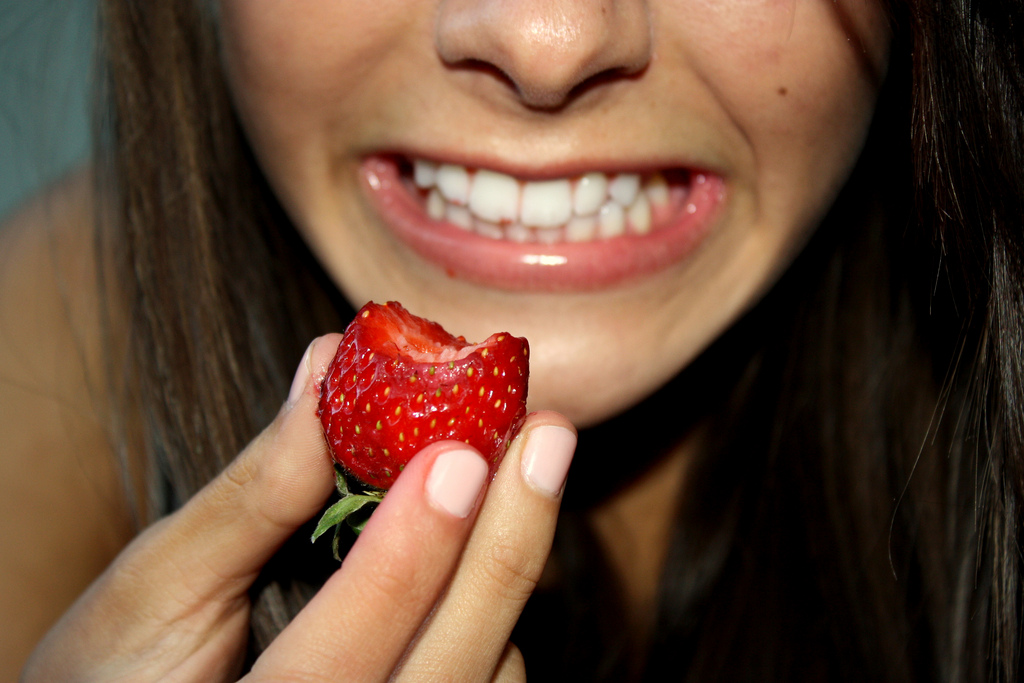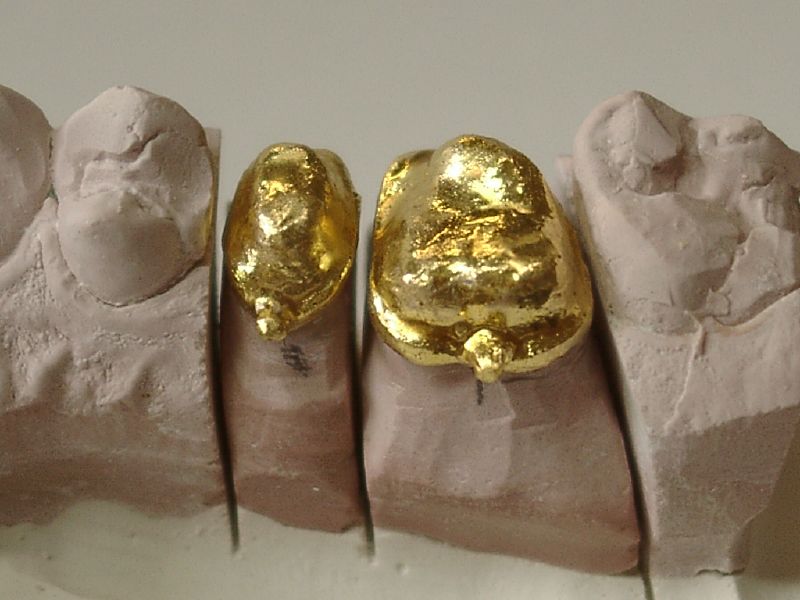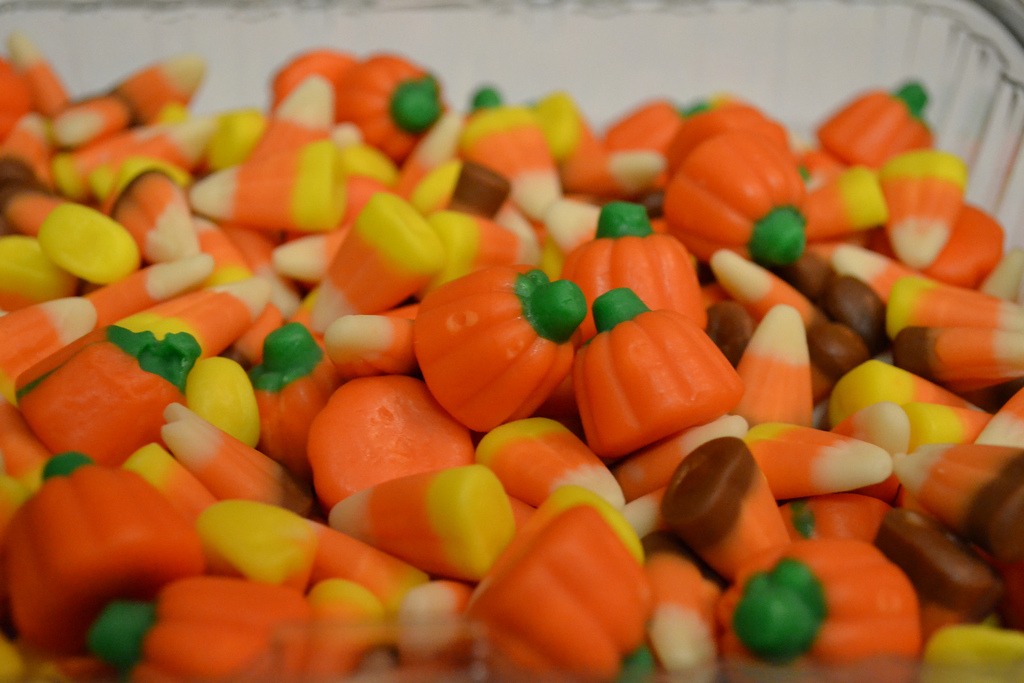Going to the dentist can be a scary and daunting experience for young children… even for some adults. An unknown person with a mask on, strange shiny devices and power tools approaching your mouth isn’t the most inviting image. It’s understandable why kids have a fear of going to the oh-so dreaded dentist. This is why it is important to break the “scary” dentist stereotype and educate your children about how great and beneficial the dentist is, and get them excited for their next visit. Here are some tips and tricks for making the dentist a fun/painless experience for you and your children!
1) Prepare
Before going to the dentist let your kids know what is going to happen. To help better prepare your kids for the experience you can play pretend dentist and walk through different scenarios. In most cases, this will calm their nerves. When kids have no idea what is going on they can panic and tense up.
2) Have some fun
A little fun goes a long way! There are a variety of things you can do to reinforce that going to the dentist will be a fun trip!
Dress up – let your kids dress up in their favorite superhero or princess costumes. Kids love dressing up as their favorite character for a day. You might be reluctant to let them wear costumes to school or run errands in them but if you allow them to wear them to the dentist office they’ll have something to look forward to.
Watch videos – If your child is drawn to a particular character on TV try to find videos that show that character caring about dental hygiene. If they see their favorite character doing something they are more likely to follow their lead.
Prize – Talk about how you’ll get a fun toothbrush/ toothpaste when going to the dentist.
Charts – Every time your child brushes their teeth correctly add a sticker to a chart. At the end of the week if they have brushed their teeth twice a day, every day treat them to a special outing or reward them in some way.
3) Positive reinforcement
Positive reinforcement is key! If your children do an awesome job at the dentist and have no cavities reward them every once in a while. By rewarding good behavior, they will strive for this behavior every time they attend the dentist. Some popular places kids love to go are:
Kidz Bounce – Kidz Bounce is a place with a variety of bounce houses, optical illusions, and slides. They have several drop-in times where your children can play for an hour and a half for only 7 dollars. Your kids will be jumping off the walls with excitement!
Wilson Playfields in Kent and Lake Meridian- Take your kids to this park filled with fun activities. This park includes a nautical theme playground, picnic areas, a swimming beach, boat launch, and more. This park is great for a variety of ages. There is truly something for everyone to do.
Little Discoveries
Little Discoveries is a place where your children can find out what sport they’re passionate about through class sampling. Kids from 4 to 7 will be able to try ice skating, gymnastic, taekwondo, and swimming classes to see what truly interest them before choosing a specific program. Little Discoveries isn’t only a fun place for children to play but a healthy activity for children to do.
Mike N Terry’s Outdoor Fun Park – offers an exciting variety of sports that include: mini-golf, go-karts and batting cages.
Chuck E Cheese’s – Chuck E Cheese’s has always been a favorite among kids. Filled with arcade games, slides, and pizza your children are guaranteed a great day.
Kent Bowl – If your children love to bowl take them to Kent Bowl. They will be able to bowl, play in the arcade and eat here!
4) Lead by example
Show your kids that you floss and brush your teeth on a regular basis as well as reiterate that flossing and brushing are for big girls and boys too. You can make flossing and brushing more fun by getting musical toothbrushes or cool flossers. Also when it is time to take your child to the dentist never show that you are stressed or nervous about taking them. We know that it can be a little nerve-racking for some parents to take their children to the dentist especially the first time. Try to hide any emotions that are negative. Your children will pick up on this and it will higher their anxiety about going. You always want to make going to the dentist a positive, exciting visit, not a nervous, dreaded visit.
As you experiment with different ways to help your children see the dentist in a positive light, don’t forget to have fun yourself! Remember it doesn’t have to be a day filled with stress and anxiety. Try our tips above and before you know it your children might enjoy going to the dentist!

